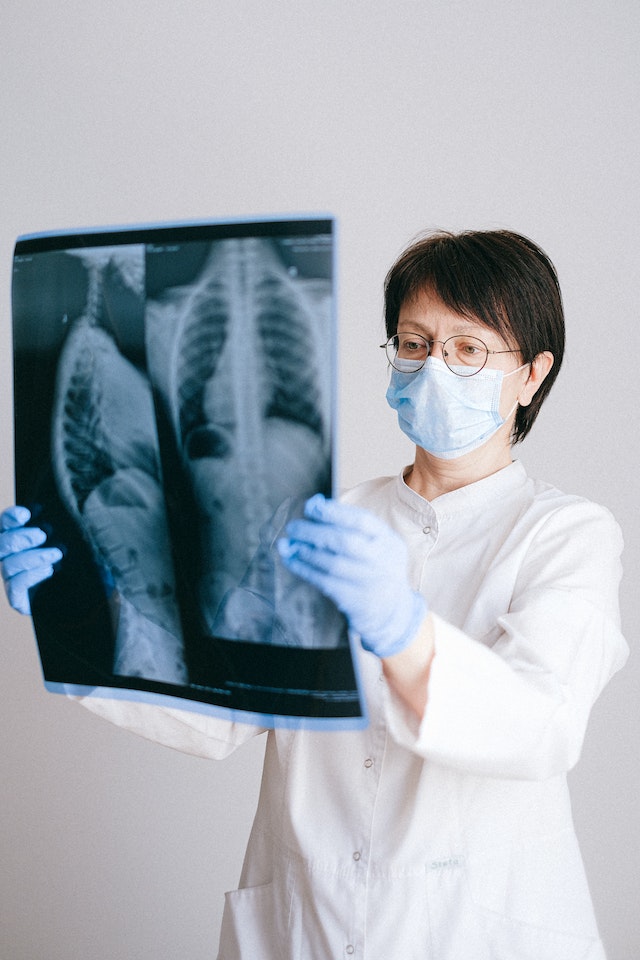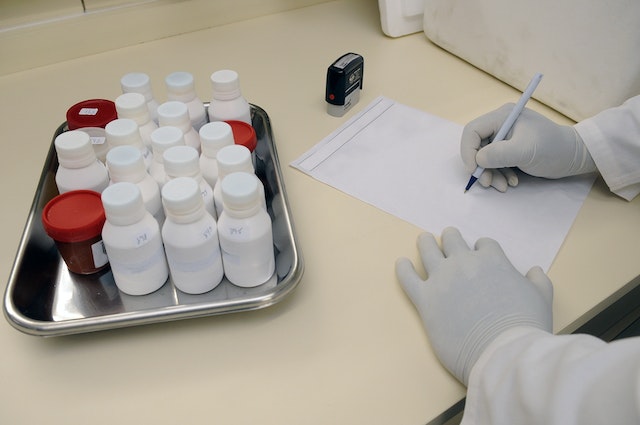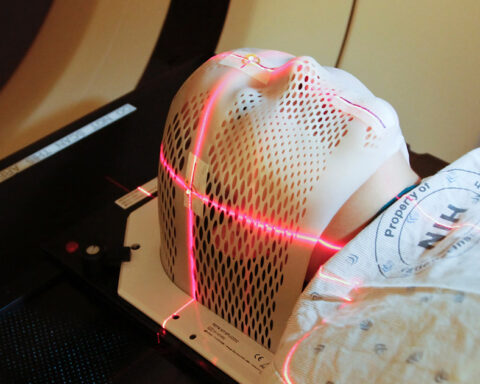What is mesothelioma and what are the different stages of the disease?
Mesothelioma is a rare and deadly cancer caused by exposure to asbestos. The disease primarily affects the mesothelium, a protective lining that covers many of the body’s internal organs. Understanding the different stages associated with mesothelioma is critical for early detection, accurately diagnosing the disease, and proper treatment.

What is Mesothelioma?
Mesothelioma is a malignant cancer that affects the mesothelium, a thin layer of tissue that lines and protects the body’s internal organs and glands. The most common forms of mesothelioma are classified according to their location in the body. The three primary types include:
• Pleural mesothelioma – Originating in the chest cavity, pleural mesothelioma affects the tissue surrounding the lungs.
• Peritoneal mesothelioma – Developing in the abdomen or stomach, peritoneal mesothelioma affects the tissue that lines the abdomen and inner organs.
• Pericardial mesothelioma – Rarely seen, pericardial mesothelioma affects the tissue surrounding the heart.
Mesothelioma is usually caused by the inhalation or ingestion of microscopic asbestos fibers. The connection between asbestos and mesothelioma is now well-established, and mesothelioma has become one of the most common asbestos-related diseases.
What Are the Different Stages of Mesothelioma?
Mesothelioma can be divided into four distinct stages. Each stage is characterized by the size of the tumor and the extent of the cancer’s spread. Determining the stage of mesothelioma during a cancer diagnosis is critical for accurately planning treatment.
Stage 1 Mesothelioma
Stage 1 mesothelioma is the earliest and least aggressive form of the disease. During this stage, the tumor is small and localized to one area. Cancer cells have not yet spread to other areas of the body, which may make the disease easier to treat.
Stage 2 Mesothelioma
During stage 2 mesothelioma, tumors are larger and may have spread to nearby lymph nodes or other organs. The tumor may also have grown into the chest or abdominal wall. Surgery may be an option for some patients during this stage.
Stage 3 Mesothelioma
By stage 3 mesothelioma, the cancer has spread even further. Tumors may have metastasized to the chest wall or may have spread to the neck, diaphragm, or other parts of the body. At this stage, surgery may still be an option, although less likely.
Stage 4 Mesothelioma
Stage 4 mesothelioma is the most advanced form of the disease. At this stage, the cancer has metastasized to major organs in the body such as the heart, liver, and brain. Surgery is usually not an option for most patients at this stage, as the cancer has spread too far.
Treatment for each stage of mesothelioma depends on the patient’s individual situation. Treatment options may include surgery, chemotherapy, radiation, or a combination of all three.

Mesothelioma is a serious and life-threatening disease, and it is critical to understand the different stages of the disease. Early detection is key to improving prognosis, and understanding the different stages associated with the disease can help patients receive an accurate diagnosis and proper treatment that may extend their life expectancy.
How can patients and families support one another through the various stages of mesothelioma?
Patients and families go through many phases of mesothelioma as this malignancy advances. Different practical, psychological, and financial difficulties arise at each level. Thankfully, family members and other close friends may assist one another through these trying times. Here are some ways that patients and families may help one another as mesothelioma progresses.
Diagnosis is the initial step of mesothelioma. As patients accept their diagnosis and assimilate the information their healthcare team has given them, this period is frequently the most challenging. Families should concentrate on offering emotional support and inspiration at this period. They should make an effort to comprehend the specifics of the illness and be ready to seek clarification from the doctor if needed. In order to give the patient a dependable supply of material, emotional, and financial assistance, families should also set up and oversee a support network of family, friends, and other loved ones.
Treatment is the subsequent stage of mesothelioma. Radiation and chemotherapy are two treatments that can be used to control the disease at this stage. Families should be ready to assist their loved one during the challenging course of therapy as well as any potential adverse effects of the medications and other therapies. Consider offering comfort on a physical and emotional level, assisting with money management, looking into possible therapies, and setting up transportation to and from doctor’s appointments or other treatments. Additionally, while caring for a loved one with mesothelioma can be physically and emotionally taxing, family members should make plans to take breaks and care of themselves.

Palliative and supportive treatment are provided during the latter stage of mesothelioma. Treatments at this point concentrate on symptom management, comfort, and quality of life for the patient. Families should be ready to offer assistance for psychological and emotional well-being, nourishment, and pain management. Families should also think about having end-of-life conversations and making funerals and other plans.
Through every stage of the illness, mesothelioma patients and their families may support one another. Along with practical assistance like transportation, money management, and treatment alternatives research, emotional support, and understanding are also crucial. Families should also make plans for funerals and other last expenses. Patients and families may manage the many stages of mesothelioma and maximize the time they have together with the correct support system in place.
What are the latest developments in mesothelioma treatments and what research is being conducted to improve treatment options?
In recent years, mesothelioma treatment choices have gotten more specialized, and researchers are always working to enhance the solutions that are now accessible.
The most common mesothelioma therapy is surgery, however, depending on the size of the tumor and the stage of the illness, surgery may not be as successful as other treatments. During surgery, the entire tumor, some of the surrounding tissue, or only a piece of the tumor may be removed. Surgery can be effective in prolonging life expectancy and relieving symptoms in patients with early-stage mesothelioma.
Another typical mesothelioma treatment is radiation therapy. To do this, powerful energy beams are used to destroy cancer cells. In certain instances, radiation is used with surgery to help eradicate any cancer cells that may still be present. Additionally, radiation can lessen the pain that tumors cause and help them shrink.
Another option for treating mesothelioma is chemotherapy. To do this, potent medications are injected directly into the circulation, killing cancer cells. To increase their efficacy, chemotherapy medications can be applied either alone or in conjunction with other therapies.

Mesothelioma is now being treated using immunotherapy, a more recent kind of therapy. This entails boosting the immune system so it can more effectively detect and eliminate cancer cells. In order to treat mesothelioma, immunotherapy medications like Keytruda and Yervoy have just received approval.
Another alternative for mesothelioma sufferers is clinical trials. These studies evaluate the efficacy of novel medications and therapies that have not yet reached the general population. Patients may be able to obtain medicines through clinical trial participation that they may not otherwise be able to.
To develop new and more effective mesothelioma therapies, scientists and researchers continue to put in a lot of effort. For instance, several potential therapies are presently in the development stage and novel medications for the treatment of mesothelioma are continually being tried. Additionally, immunotherapy is a field that has significant potential and is actively being studied.
In conclusion, mesothelioma treatments have significantly advanced recently, and research is actively being done to enhance current therapies and create new ones. Patients should discuss with their doctor any potential clinical trials and possible therapeutic alternatives for their disease. Patients can choose their care more intelligently if they are aware of the phases of mesothelioma and the therapies that are accessible.






